The idea that buying “ejidal” land in Mexico is very complicated is still a persistent myth.
Text by: David Guerrero Berger • Photos: Danilo Rottigni from Homes & Living
The idea that acquiring “ejido” land in Mexico is a very complicated matter is still a persistent myth, and for the most part untrue. Just mentioning the term “ejido” to a prospective buyer usually creates uncertainty due to the idea that there is little legal jurisdiction involved.
If we add to this underlying fear the recent news about problems that have surrounded some high-profile ejido property transactions, most notably in the case of the new Pemex refinery or even going back to the Atenco case where the alternate airport was going to be built, the situation could look bleak for some.
Nevertheless, the cold reality is that a very large percentage of real estate in Mexico, which maybe be of interest to foreign investors, would fall under the “ejido” or communal property designation. Many are part of important projects which are successful in their own right.
What many people may forget is that over half of all existing land in Mexico is ejido property, both along the coastline or in the country`s heartland. As such, this article serves to illustrate the very real possibilities of purchasing ejido lands and informing prospective buyers to help in their decision-making process.
Before 1992, investing in ejido property WAS difficult, because agrarian laws prohibited the sale of this communal land and on a whole, any commercial activity was very restricted when dealing with ejidos. But as a result of the 27th constitutional amendment and the creation of the new Agrarian Law by the Mexican president at the time, Carlos Salinas de Gortari, a Program for the Certification of Ejido Rights was created. The major achievement of this program was in providing a legal framework and formal recognition of ejidal lands through documents certified by the National Agrarian Register and establishing the possibility of private ownership if ejidal owners were willing to sign over the properties.
The formal registration of ejidal lands has provided a solid legal basis not only for the ejido communal owners but also for third parties interested in acquiring them. As a result, there are projects currently in development or already operating that have stemmed from agreements between ejidos and private companies in the real estate, tourism, agricultural, industrial and ecological sectors, with positive results on both sides.
There are many aspects to take into consideration when discussing a successful investment in this field, but one, in particular, comes to mind and that is heightened social sensitivity. It is highly recommendable that investors take into consideration the sometimes centuries-old customs and traditions surrounding ejidal properties, going as far as to make provisions for the local inhabitants’ basic needs in order to achieve harmony in the community. Both sides must approach the investment opportunity as a mutually beneficial venture, a capital investment on one side and a chance to create new jobs on the other side. In this way, the future of a project that originates with ejido lands is much stronger and would avoid any potential fallout.
On the other hand, it is important for all parties to be aware of the need to fully comply with the letter of the law and ensure that all agreements made between both sides be handled through the proper legal framework in order to guarantee a fair and just solution to any possible conflicts that may arise. Proper legal recourses exist in ejidal legislation which regulates and allow for the settlement of disputes.
For all of the above reasons and for much more which due to the constraints of available space, I am not able to elaborate on, it is now possible to invest in ejido property with confidence and security. Obviously, these kinds of investments involve a particular set of guidelines that may differ from more traditional property investments. But if one follows the proper steps and conducts due diligence, an investment with ejidal lands can be quite successful.
David Guerrero Berger is an attorney who founded and directs the law firm Guerrero Asesoria Juridica S.C. and has over twenty years of experience in agrarian and real estate law. His firm is formed by a group of specialized professionals with corporate offices in Mexico City and branches in several states throughout Mexico. Their clients include numerous national firms and even multinational corporations as well as many prestigious investors.
Last Updated on 26/10/2021 by Puerto Vallarta Net



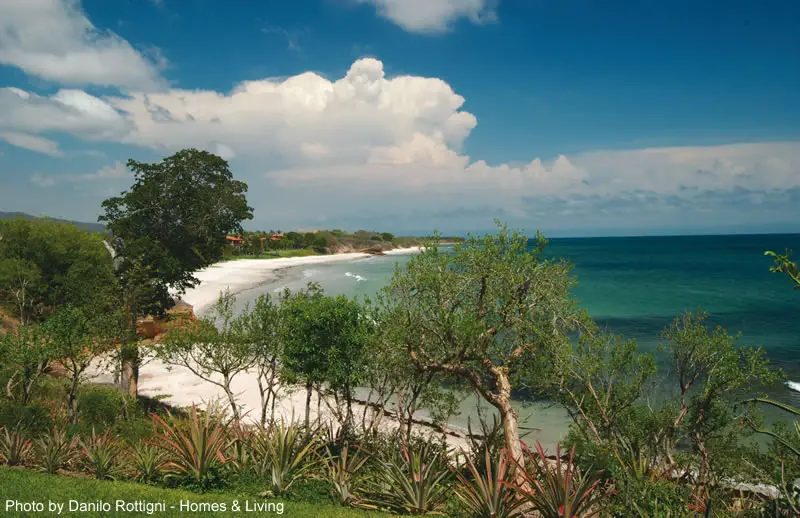
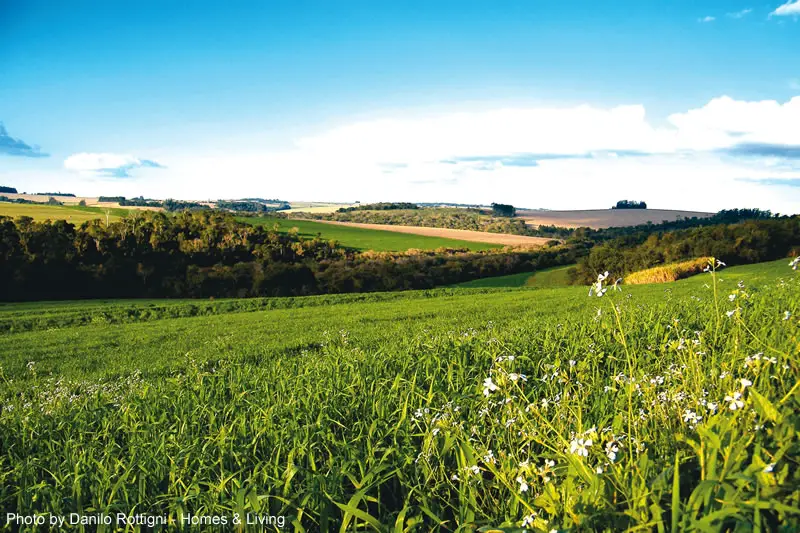




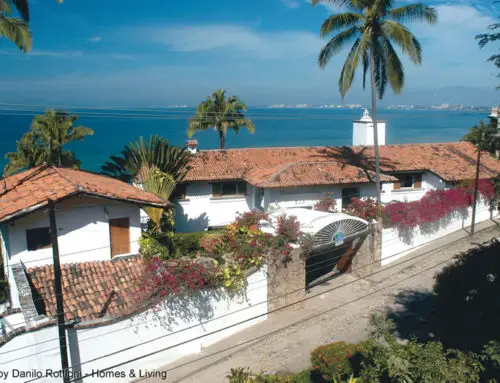

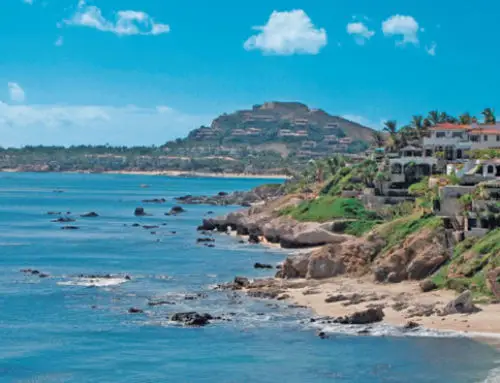
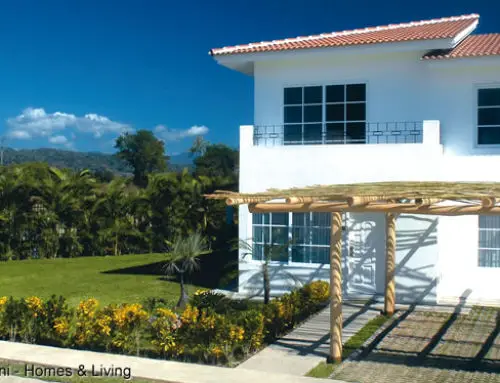
the ejido system is corrupt as can be. have all details and proof doing deals breaking 3rd party law bribes employees are in on it as well person had their home stolen by them very sad situation there dont buy anything nogalito is bad place bad people
Hi Jose I just bought land in nogalito and planning to build. I am a mexican citizen and hired a attorney to help secure the land with ejido. I got the citificate in my name signed by all members secretary commissioner treasurer etc.
I am planning to register with RAN.
Can you tell me more about how in your blog became a bad situation and if it would effect me on my purchase.
please.